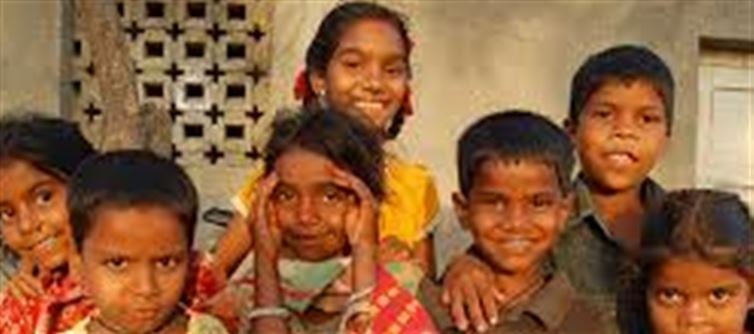
Children in india are protected under various Fundamental Rights that guarantee their survival, development, and protection from exploitation. Here’s a simple guide to understand these rights.
1️⃣ Right to Equality (Article 14 & 15)
· Children have the right to be treated equally, regardless of religion, caste, gender, or social background.
· Discrimination in schools, workplaces, or public spaces is prohibited.
2️⃣ Right to Free and Compulsory education (Article 21A)
· Every child aged 6–14 years has the right to free education in a government or government-aided school.
· education is essential for overall development and future opportunities.
3️⃣ Right Against Exploitation (Articles 23 & 24)
· Protects children from child labor, trafficking, and sexual exploitation.
· Children cannot be employed in hazardous work or underage labor.
4️⃣ Right to Freedom (Article 19)
· Children have the freedom of expression, thought, and belief within the limits of law.
· Encourages creative thinking and participation in family and school activities.
5️⃣ Right to Life and Personal Liberty (Article 21)
· Every child has the right to live with dignity and access basic necessities like nutrition, healthcare, and safe living conditions.
· Child survival and well-being are legally protected.
6️⃣ Right to education and Skill Development (Article 41 & 45)
· Children are entitled to vocational training, skill development, and education for self-reliance.
· Ensures a holistic approach to growth and future employability.
7️⃣ Right to health and Nutrition (Article 47)
· government must ensure adequate nutrition, clean drinking water, and healthcare facilities for all children.
· Focused on reducing malnutrition and infant mortality.
8️⃣ Right to Cultural and Recreational Activities (Article 51A)
· Children have the right to play, engage in sports, and cultural activities.
· Supports mental, emotional, and social development.
9️⃣ Right to Protection in Emergencies (Article 39 & 42)
· Children must be protected during natural disasters, armed conflicts, and emergencies.
· Laws ensure temporary shelters, healthcare, and education continue uninterrupted.
🔟 Right to Participate and Voice Opinions (Article 15 & 21)
· Children have the right to express their views in matters affecting them, especially in schools and communities.
· Encourages active citizenship from a young age.
✅ Bottom Line
India’s Fundamental Rights for children are designed to ensure equality, safety, health, and education, creating a strong foundation for their overall growth and well-being.
Disclaimer:
The views and opinions expressed in this article are those of the author and do not necessarily reflect the official policy or position of any agency, organization, employer, or company. All information provided is for general informational purposes only. While every effort has been made to ensure accuracy, we make no representations or warranties of any kind, express or implied, about the completeness, reliability, or suitability of the information contained herein. Readers are advised to verify facts and seek professional advice where necessary. Any reliance placed on such information is strictly at the reader’s own risk..jpg)




 click and follow Indiaherald WhatsApp channel
click and follow Indiaherald WhatsApp channel